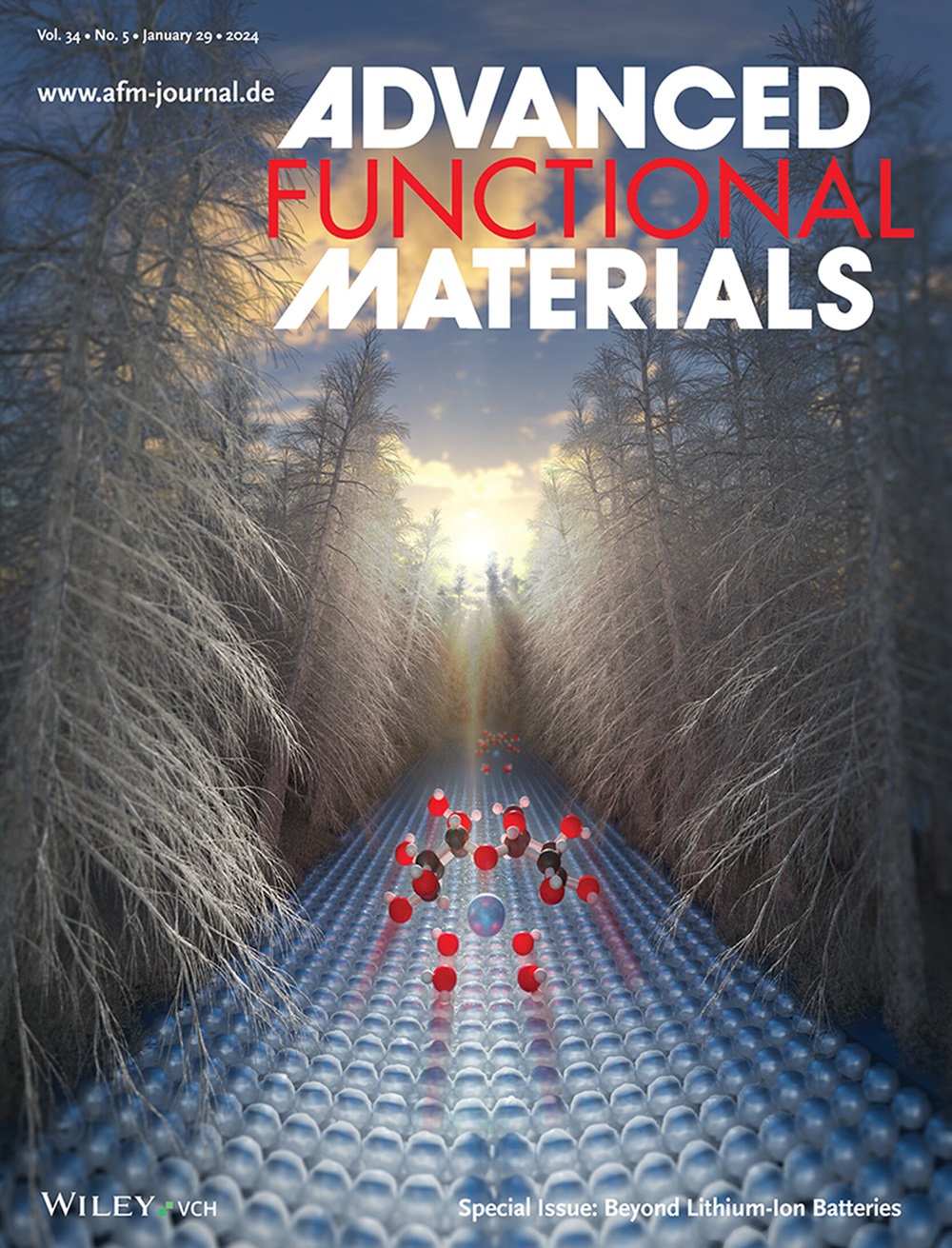可解释的机器学习应用:人工智能在材料领域的前景
IF 18.5
1区 材料科学
Q1 CHEMISTRY, MULTIDISCIPLINARY
引用次数: 0
摘要
近年来,数据驱动的机器学习显著推进了新材料的设计,并改变了研发格局。然而,其对数据的严重依赖和模型映射机制的“黑箱”性质阻碍了其在材料科学研究中的应用。将材料知识与机器学习相结合以提高模型泛化和预测精度仍然是一个重要的目标。这种整合可以通过筛选物理和化学特征来揭示明确的内在关系,从而加深对材料机制的理解。因此,它促进了材料科学的进步,代表了人工智能(AI)在该领域应用的一个有前途的途径。在这篇综述中,总结和分析了可解释机器学习方法的算法、功能和在材料中的应用。探讨了材料的组成和微观结构对材料性能的影响,并建立了材料内在关系的数学表达式。此外,还回顾了新材料发现、关键性能增强、多目标设计权衡以及优化整个制备和加工工作流程的数据和知识驱动策略的最新进展。最后,讨论了人工智能在材料科学中的应用及其对该领域的广泛影响的未来前景和挑战。本文章由计算机程序翻译,如有差异,请以英文原文为准。

Interpretable Machine Learning Applications: A Promising Prospect of AI for Materials
In recent years, data-driven machine learning has significantly advanced the design of new materials and transformed the research and development landscape. However, its heavy reliance on data and the “black-box” nature of its model-mapping mechanisms have hindered its application in materials science research. Integrating material knowledge with machine learning to enhance model generalization and prediction accuracy remains an important objective. Such integration can deepen the understanding of material mechanisms by screening physical and chemical features to uncover explicit intrinsic relationships. Thus, it promotes the advancement of materials science, representing a promising avenue for artificial intelligence (AI) applications in this field. In this review, the algorithms, functionalities, and applications in materials underlying interpretable machine learning approaches are summarized and analyzed. The impact of composition and microstructure on material properties is explored and mathematical expressions for intrinsic relationships of materials are developed. In addition, recent advancements in data- and knowledge-driven strategies for new material discovery, key property enhancement, multi-objective design trade-offs, and optimizing the entire preparation and processing workflow are reviewed. Finally, the future prospects and challenges associated with applying AI in materials science and its broader implications for the field are discussed.
求助全文
通过发布文献求助,成功后即可免费获取论文全文。
去求助
来源期刊

Advanced Functional Materials
工程技术-材料科学:综合
CiteScore
29.50
自引率
4.20%
发文量
2086
审稿时长
2.1 months
期刊介绍:
Firmly established as a top-tier materials science journal, Advanced Functional Materials reports breakthrough research in all aspects of materials science, including nanotechnology, chemistry, physics, and biology every week.
Advanced Functional Materials is known for its rapid and fair peer review, quality content, and high impact, making it the first choice of the international materials science community.
 求助内容:
求助内容: 应助结果提醒方式:
应助结果提醒方式:


